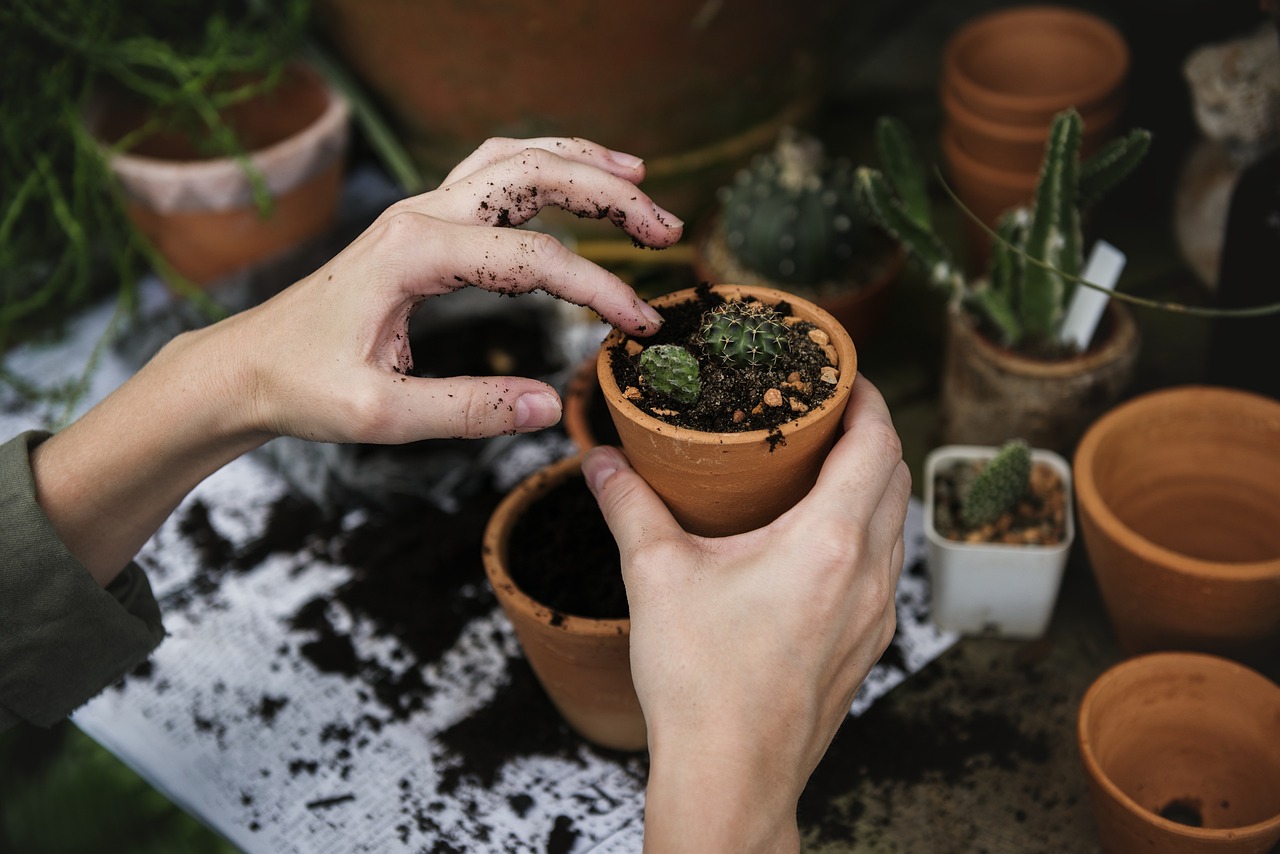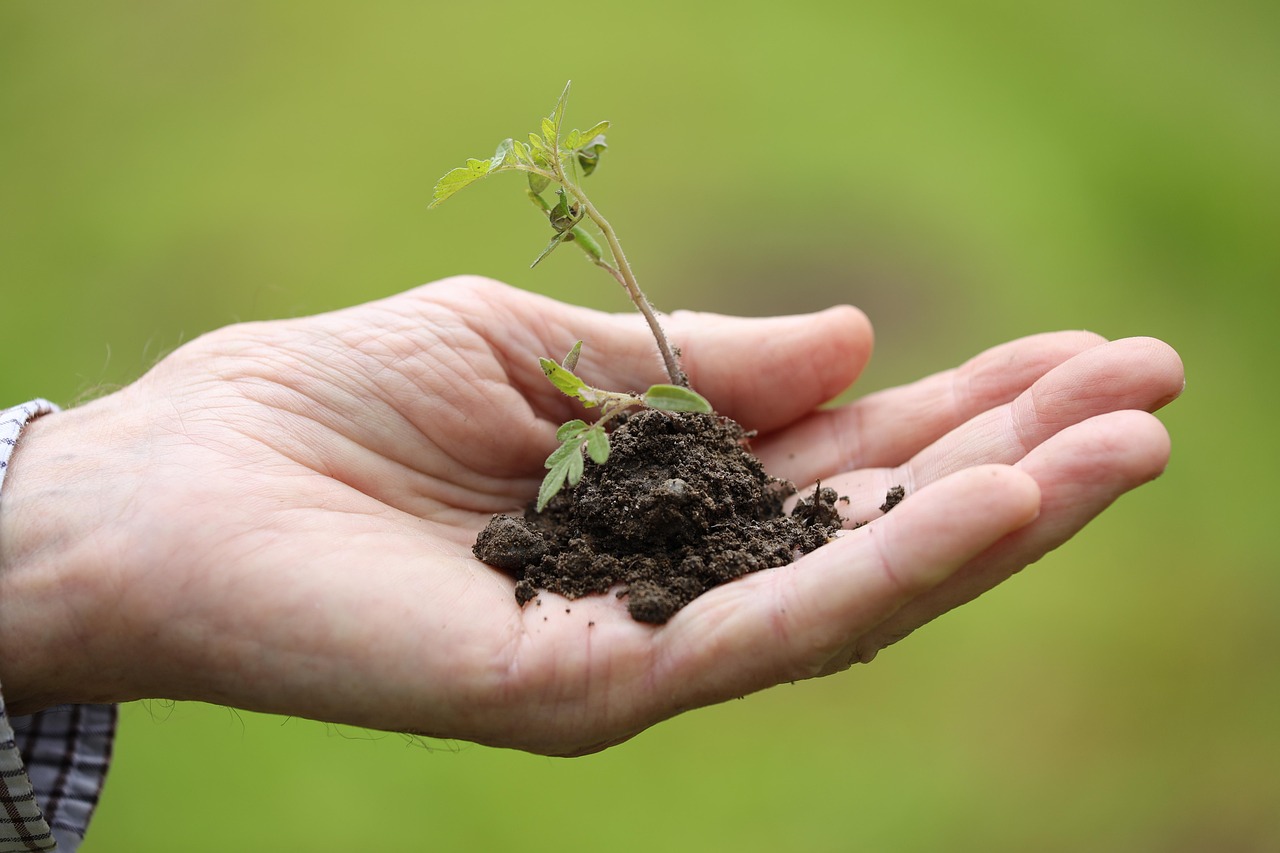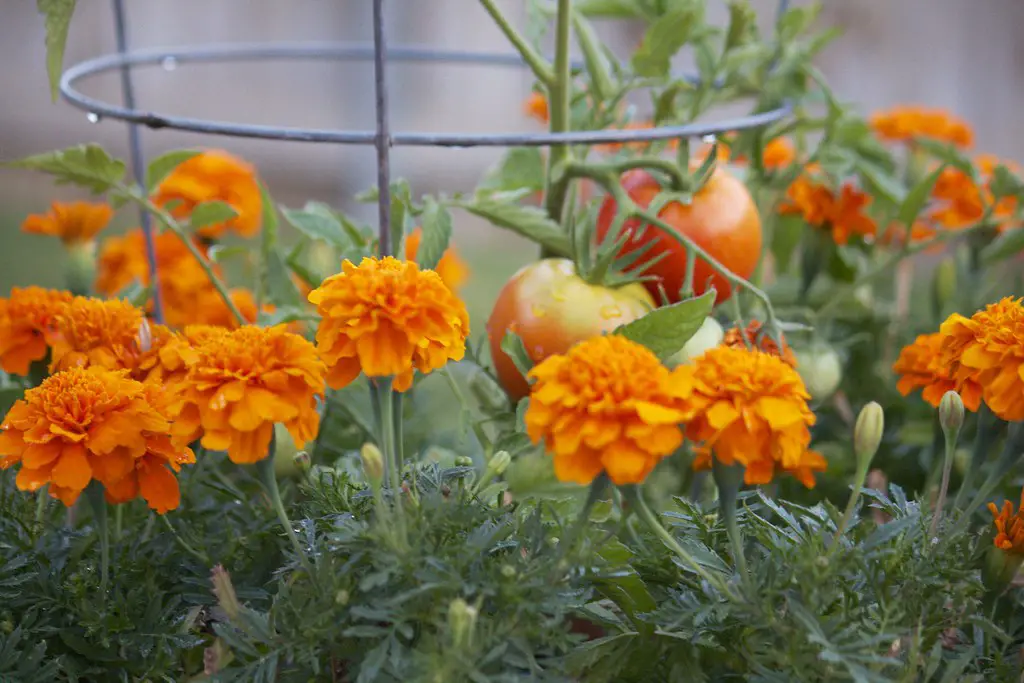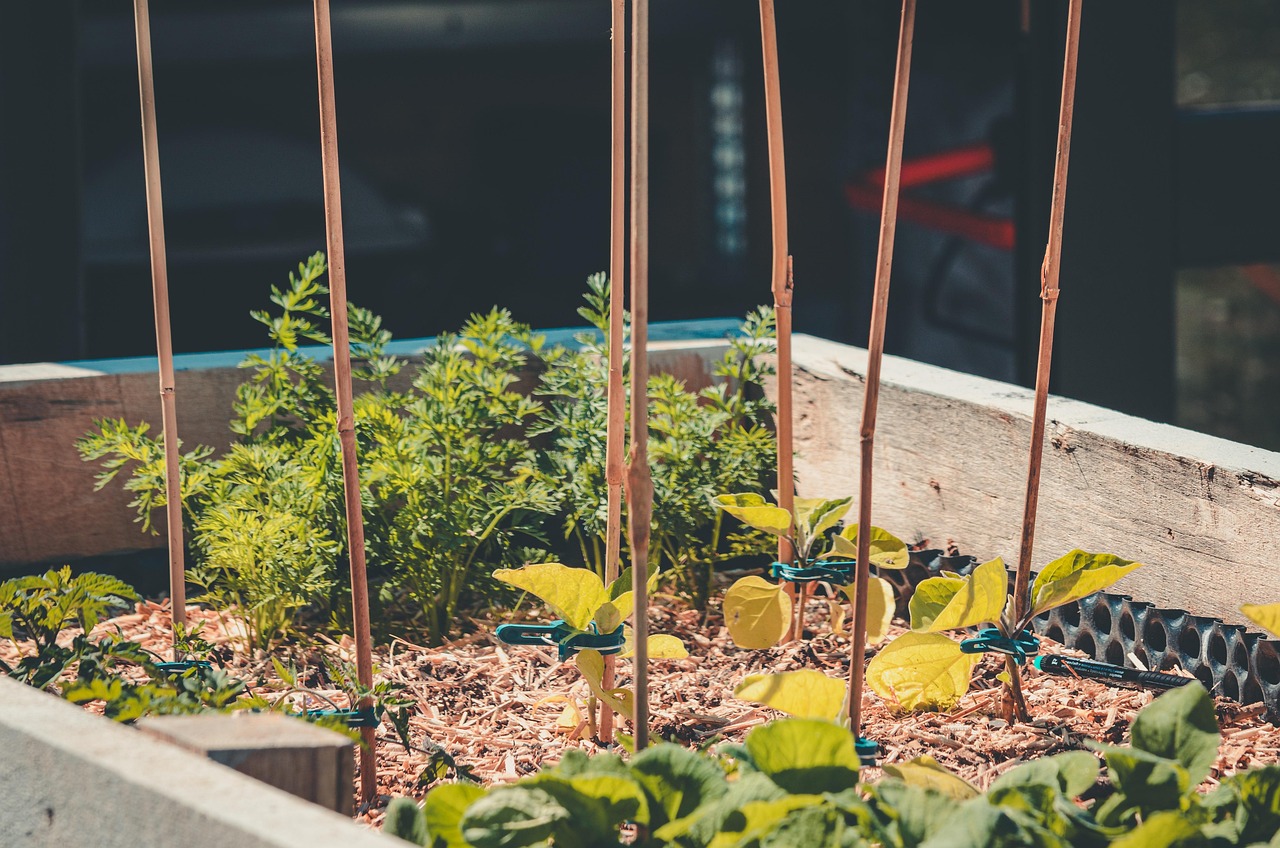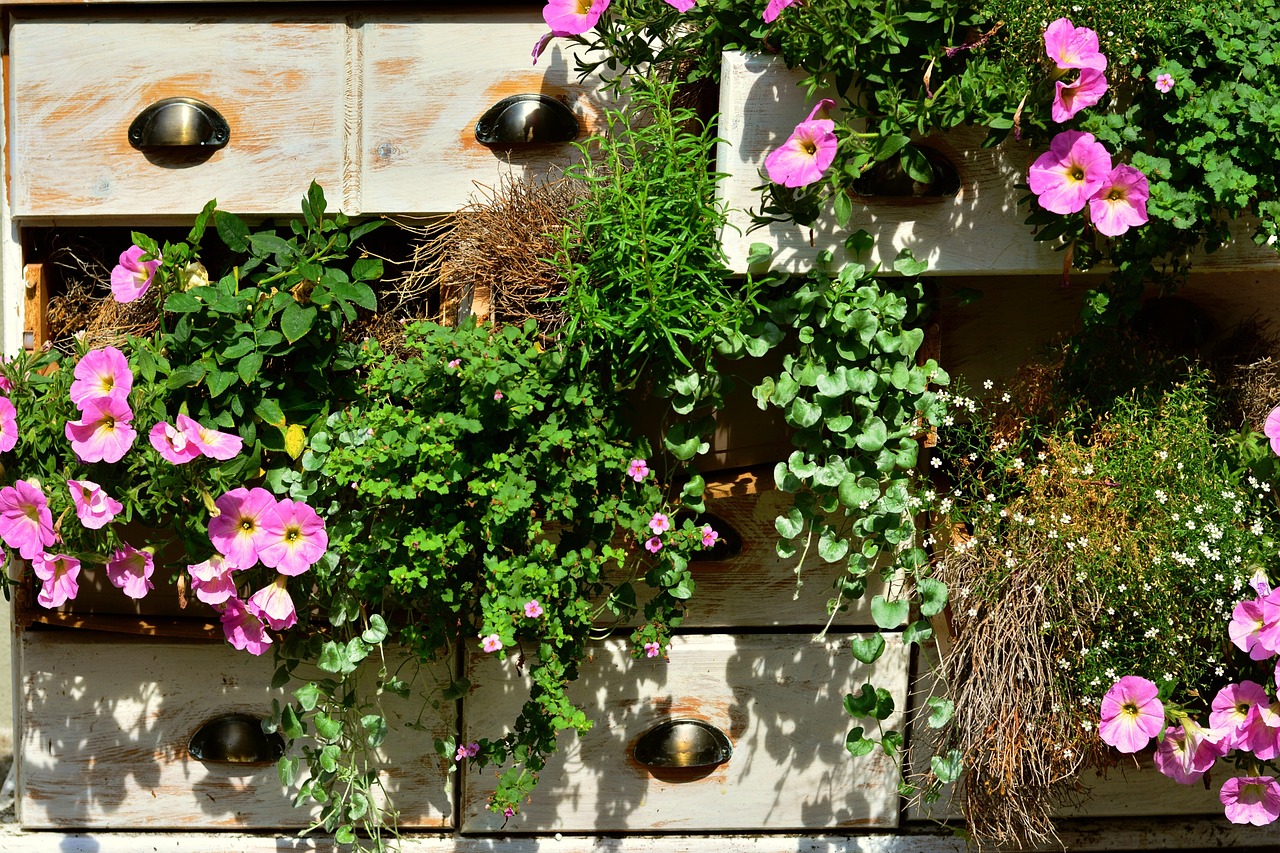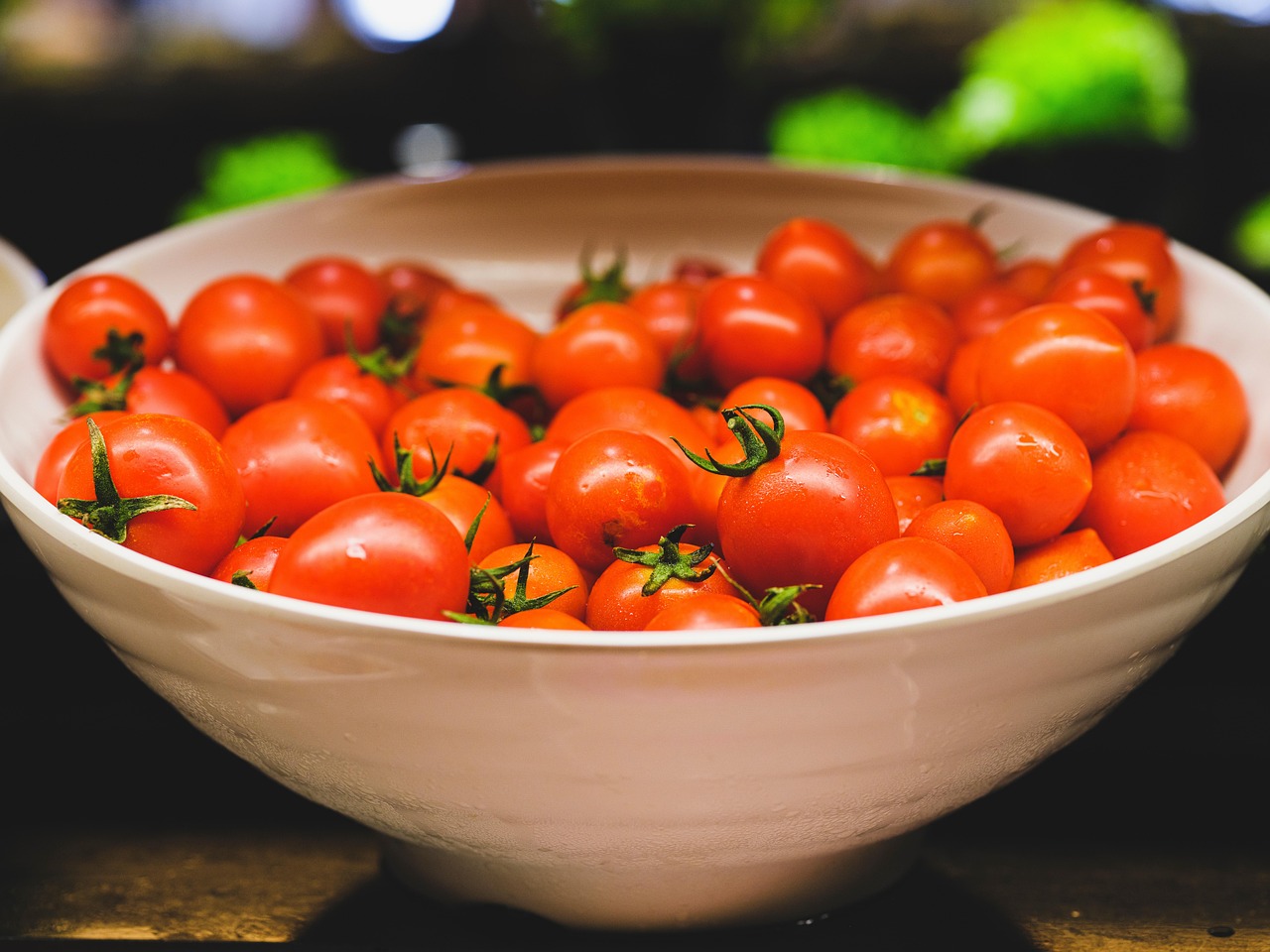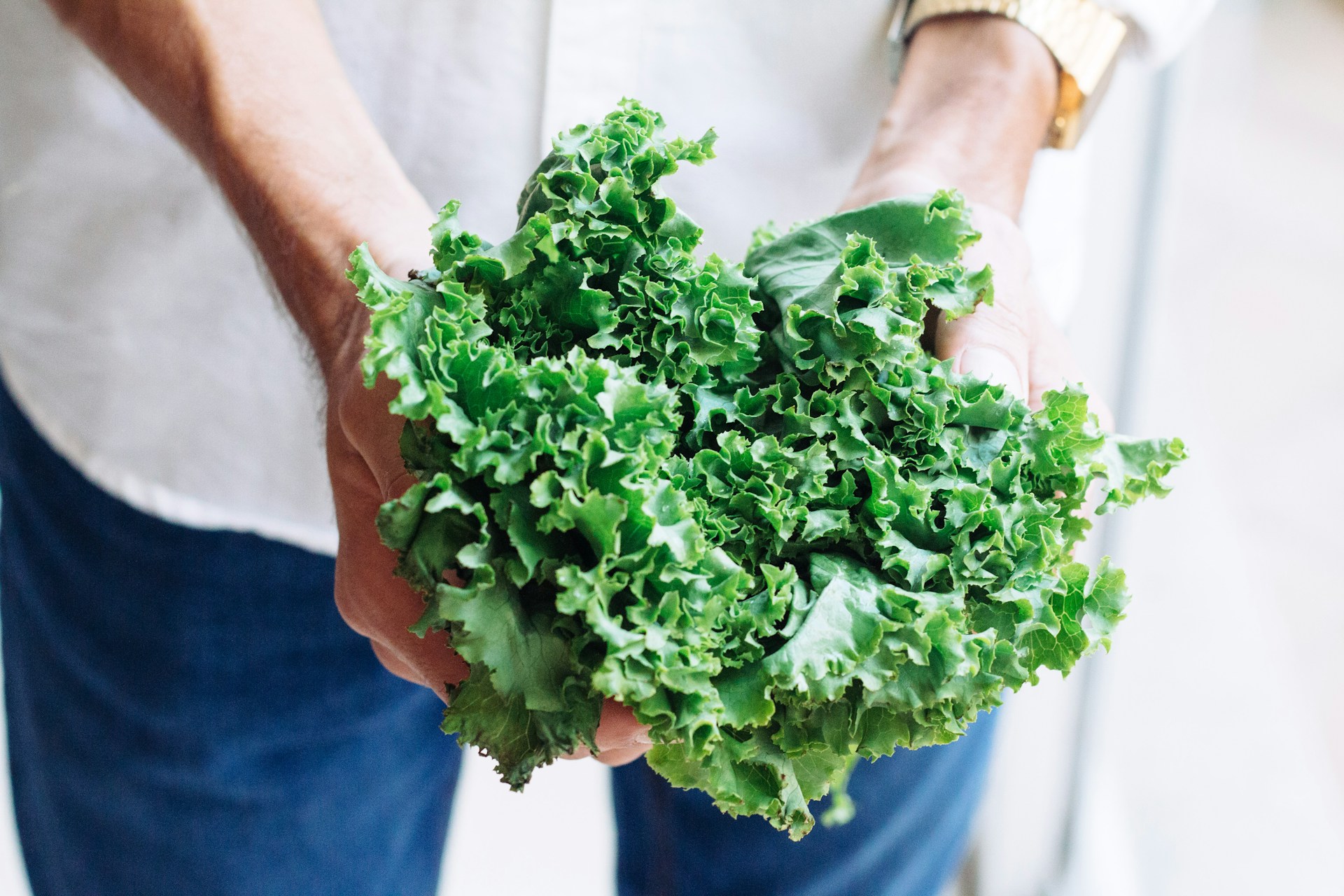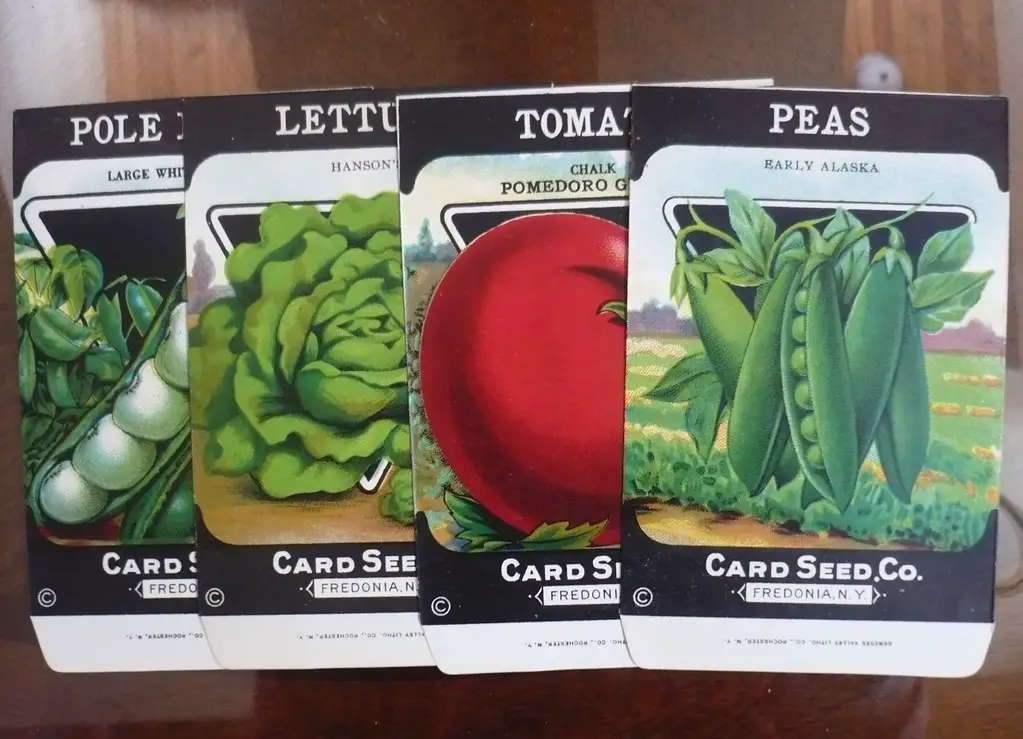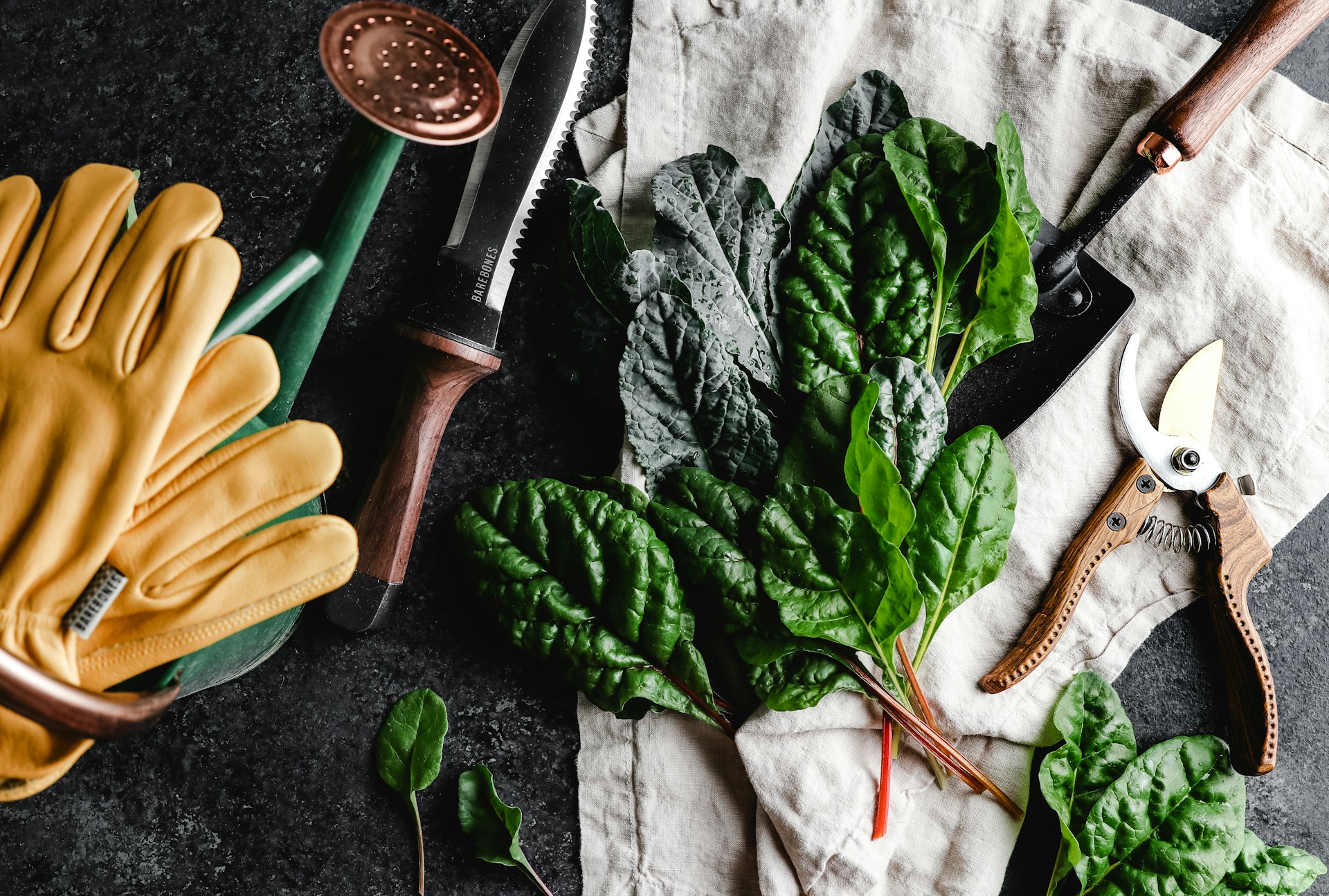Best Fertilizers for Vegetable Gardens Backed by Horticulture Research
Vegetable gardening is both an art and a science, requiring careful attention to soil health, plant nutrition, and environmental sustainability. One of the most critical factors in achieving a bountiful harvest is selecting the right fertilizer. With countless options available—ranging from synthetic to organic, granular to liquid—it can be overwhelming to determine which fertilizers are … Read more

